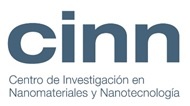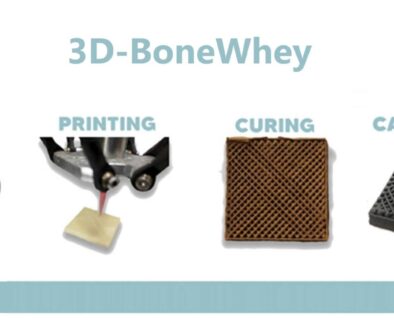Beyond Xylella, Integrated Management Strategies for Mitigating Xylella fastidiosa impact in Europe (BeXyl)
Summary
BeXyl is an EU-funded research project involving more than 40 scientific institutions, NGOs, companies, governmental agencies, and farmers’ and nurseries associations worldwide that is designed to improve the management of diseases caused by the quarantine plant bacterium Xylella fastidiosa. The aim of BeXyl is to promote a multidisciplinary approach and innovative solutions to go beyond emergency measures and develop new strategies for sustainable control of Xylella fastidiosa in Europe.
Xylella fastidiosa is a bacterium that is found in the xylem of plants, and multiplies inside their xylem, blocking them and obstructing the flow of raw sap, thus causing symptoms that correspond to lack of water or lack of nutrients. It is one of the main quarantine pathogens in the European Union so it is included in Annex II part B of the Implementing Regulation (EU) 2019/2072, as well as in the Delegated Regulation (EU) 2019/1702 that includes the list of priority pests.
Xylella fastidiosa has been found in more than 595 plant species and is responsible for several diseases with serious effects on numerous species of agricultural interest: citrus variegated chlorosis, Pierce’s disease of the vine, “phony peach” of the peach tree, scalding of plum trees, burning of leaves in other woody plants and stunting of alfalfa.
BeXyl’s objective is to promote a multidisciplinary approach and innovative solutions that go beyond emergency measures as well as to develop new strategies for the sustainable control of Xylella fastidiosa in Europe.
CINN is participating in workage 6: “Economically and environmentally innovative, sound solutions for effective control of Xylella fastidiosa and increase of plant resilience to Xilella fastidiosa infection” and will investigate the potential use of CINN’s antibacterial glasses as green treatments against this pathogenic agent.
Project Details
Grant agreement ID: 101060593
Duration:01/09/2022 – 31/08/2026
Project Budget: 7.089.069 €
CINN’s Budget: 30.052,33 €
Funding HORIZON-CL6-2021-FARM2FORK-01-04 - Tackling outbreaks of plant pests





